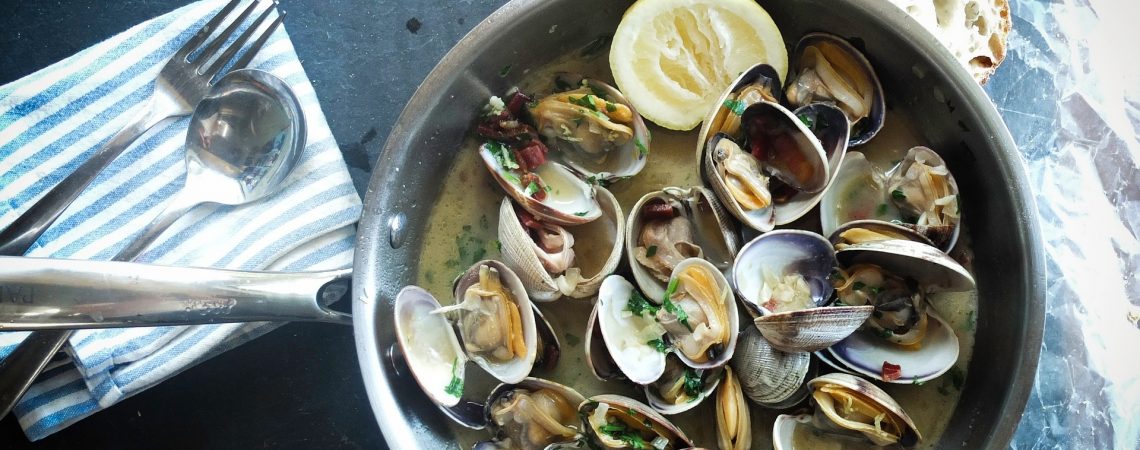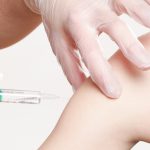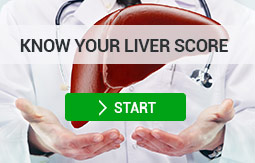Seafood is a perfect source of high-quality protein and essential micronutrients. Despite that, there is common belief that fish and shellfish can pose a health risk through the foodborne diseases arising from improper treatment and handling.
A recent study conducted by National Institute of Health (Rome, Italy) has determined that hepatitis A virus, which can be found in at least 20% of seafood in the Mediterranean Sea, is not completely destroyed through cooking.
The Italian study confirmed that the virus still remains detectable even after being boiled for up to 9 minutes. The same applies to another method of domestic cooking, when, for example, mussels are grilled in a hot even at 250 degrees Celsius for 5 minutes. The risk remains also for such classic dishes of Mediterranean cuisine such as “mussels in white wine or tomato sauce” or “mussels au gratin”. Only if the mussels are heated to 85 degrees Celsius, can hepatitis then no longer pose a risk.
When using the aforementioned cooking methods, a temperature of only 70 degrees celsius was reached inside the products. Only a third experiment, when the different types of shellfish were cooked directly in the pasta sauce for a longer time, has demonstrated no remaining hepatitis A components in the seafood.
To be on the safe side, the Italian researchers recommend that “seafood lovers” get vaccinated against hepatitis A before travel.
Hepatitis A symptoms
Since the first hepatitis A vaccine became available, the infection rates in the United States have decreased by 95%. According to the Center for Disease Prevention and Control (CDC), around 3,473 acute hepatitis A infections were determined in the USA in 2013.
Typical hepatitis A symptoms include fever, nausea, general fatigue, upper abdominal pain, and yellow coloring of the skin and eyes. Jaundice, however, appears only in two-thirds of infected patients, these symptoms usually disappear within the few weeks.
In serious cases, hepatitis A can result in a longer hospital stay or even be fatal, particularly in older people or those already suffering from liver damage. There is no special therapy against hepatitis A infection.
Hepatitis A Vaccine
Experts recommend getting vaccinated against hepatitis A especially for those who are planning their vacation in south or east Europe and enjoy eating seafood. The first dose of the vaccine can be given at any time before departure.
The vaccination becomes even more relevant after the results of a new study had shown that at least 20% of seafood coming from the Mediterranean area and North Africa is contaminated by hepatitis A viruses. To note, these samples were taken from clean water, free of type A and B hepatitis. Out of all seafood types, clams appeared to be the most polluted.
That is why it is crucially important to consume only well-cooked fish and shellfish. Avoid saving time during the cooking process and rather pay particular attention to the treatment temperatures, the study suggests.
Find out about the nutrition bar that 99% of liver health experts would recommend!
Sources
iss.it
cdc.gov

 (442) 244-5115
(442) 244-5115











